Nourishing Futures: The Essential Role of Fruit in School Feeding Programs and Nutritional Standards
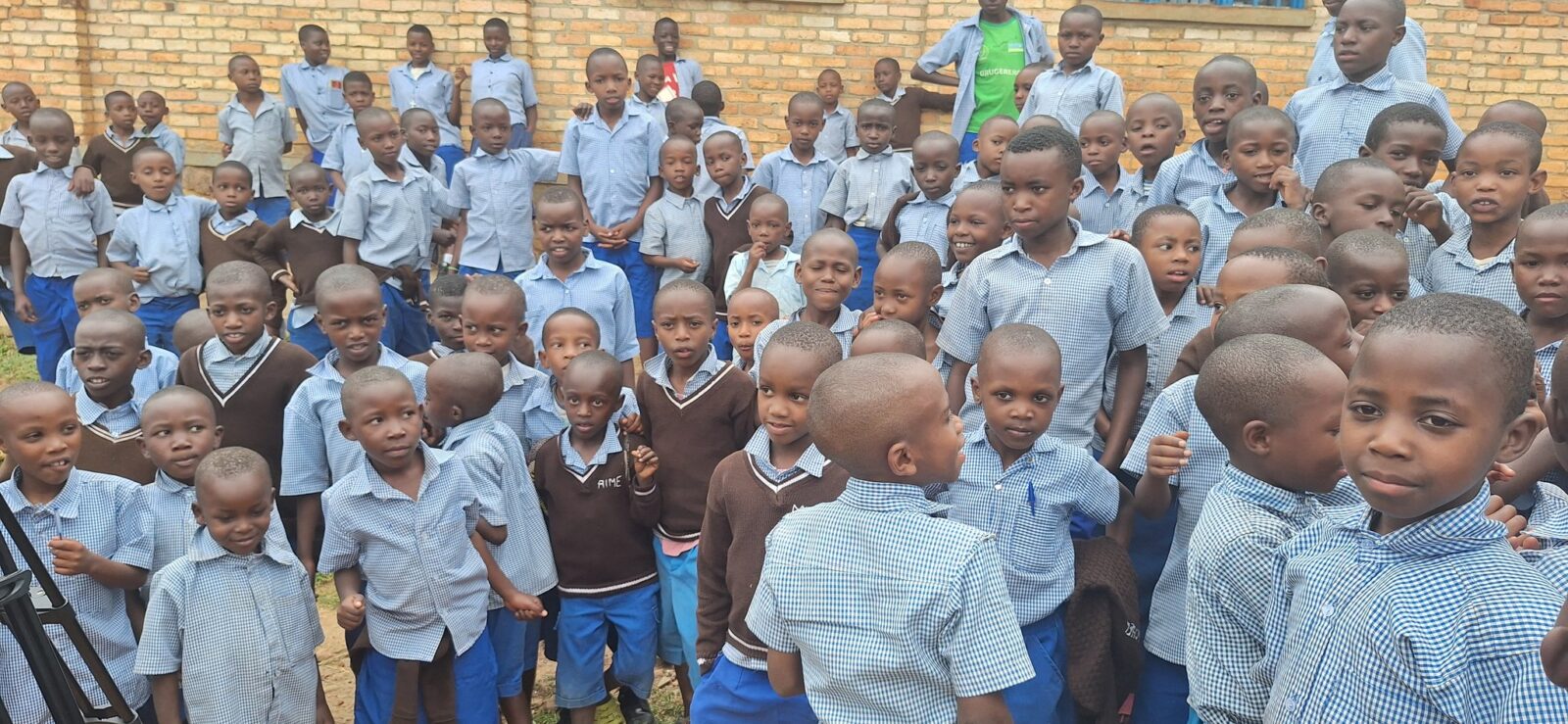
In rural areas like Musange, school feeding program plays an indispensable role in improving children’s health, education, and well-being. This initiative not only addresses hunger but also contributes to the overall development of young learners, particularly in underserved communities.
Twizeyimana Pierre, a staff member at Jenda School, highlighted the transformative impact of this program. “School feeding has a very important role because the sector in which I work is a rural sector, and many children wouldn’t go to school before the school feeding program was implemented because they used to starve at school,” he explained.
Pierre elaborated that this program significantly benefits children from impoverished families, many of whom eat only once a day. “At school, they have lunch and then dinner at home. For some, school meals are even more nutritious than what they eat at home. They have beans, wheat, corn, vegetables, and oil. The oil they consume is rich in nutrients,” he said. Pierre underscores the importance of a diverse diet, emphasizing, “Vegetables and fruits are very important because they contribute to a balanced diet and improve overall health.”
Uwamariya Agnes, Vice Mayor in charge of Social Affairs in Nyamagabe District, also emphasized the dual benefits of school feeding program, which enhance education and support family livelihoods. “Parents understand school feeding because it is a program with which they are very satisfied due to its role in improving the education of the child, as well as the quality of life for parents. This gives them time to work,” she observed.
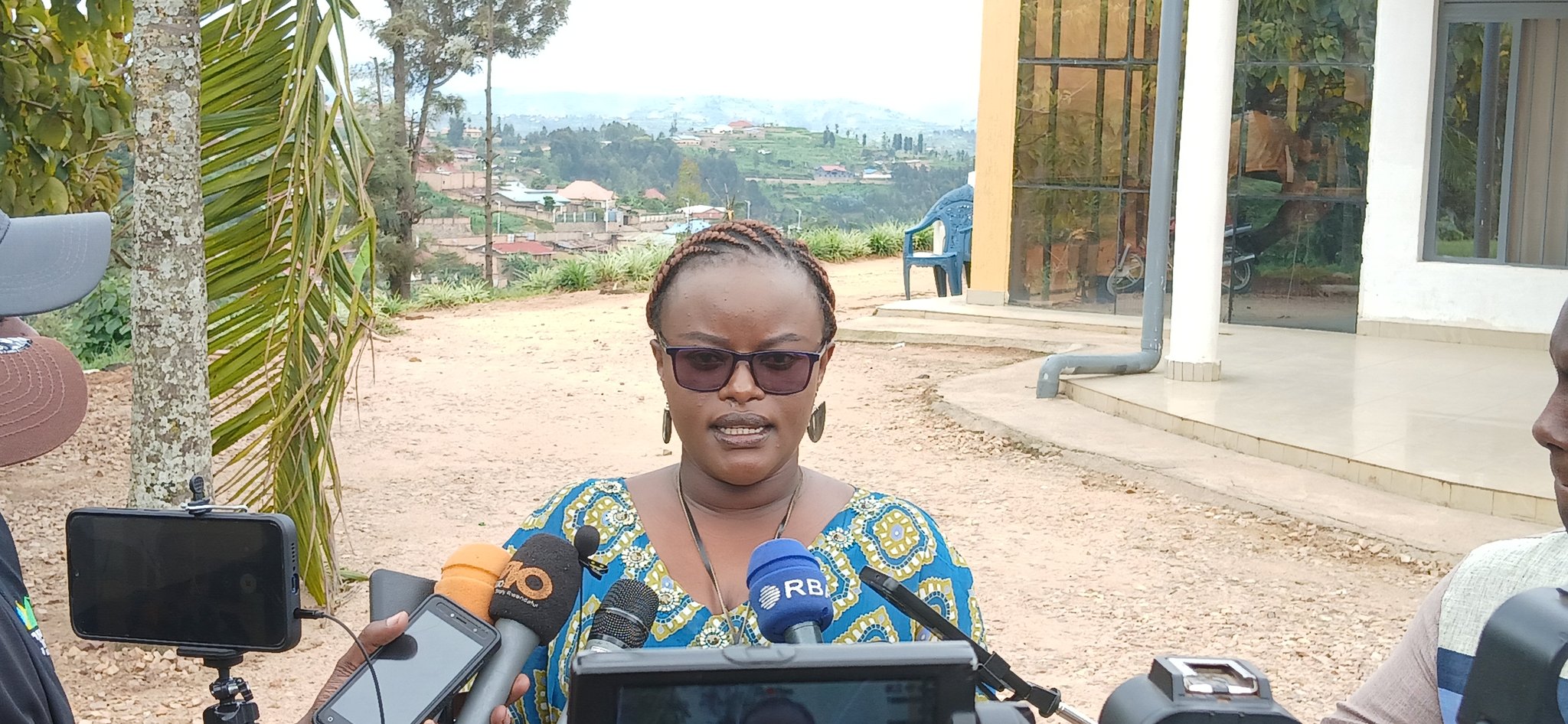
However, she pointed out challenges, particularly with parental involvement in ensuring adequate nutrition. “Parents do not fully understand their role in providing proper nutrition at school,” Agnes noted. Despite this, she reported encouraging progress, with “parental participation exceeding 60% last year.” Parents have actively contributed to school gardening initiatives, growing vegetables for school meals.
In a bid to further enhance nutrition, Agnes described a campaign to plant at least 50 fruit trees on school campuses. “We organized a competition last year in all schools in Nyamagabe District, encouraging them to plant fruit trees,” she explained, aiming to provide a sustainable source of nutritious food.
Claudine Umulisa Masagara, staff member at Primary School, shared her perspective on the benefits of school feeding. “School feeding has solved many problems, including hunger and children dropping out of school. It has been very beneficial for students,” she said. Umulisa advocated for the inclusion of fruits in school meals, stressing, “If fruits were available at least three times a week, it would be much better.”
Quality is another critical aspect of school feeding, as emphasized by Hakizimana Naivasha Bella from the Rwanda Standards Board (RSB). “When we talk about quality, we look at the ingredients of the food. For a student to receive a high-quality meal, it must contain complete nutrients,” she asserted. Hakizimana highlighted that filling children’s stomachs is not enough; their meals must be rich in essential vitamins and minerals, particularly those found in fruits.
Reflecting on his 14 years in education, Prosper Uwayezu, Principal of Groupe Scolaire Saint Kizito Gikongoro, observed the profound changes brought by school feeding program. “I have been with children for 14 years, and you can see the difference today compared to before the school feeding program. While some children eat breakfast at home, many don’t, but at lunch, everyone knows they will have food,” he noted.
Uwayezu advocated for balanced meals, saying, “A balanced diet for students includes a combination of whole grains, beans, and vegetables.” He described the school’s efforts to cultivate fruits to enhance their meals, adding, “We have guava and avocado trees, but they are still growing and not yet ripe.”
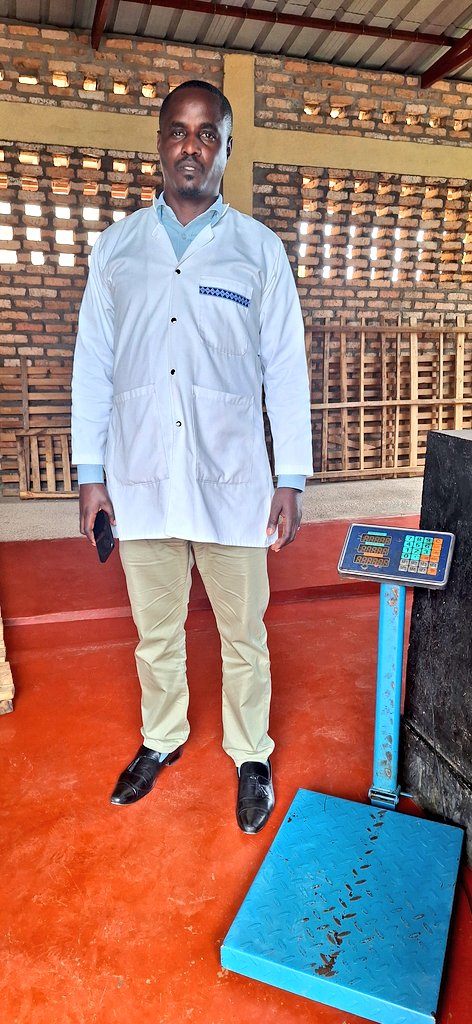
Despite challenges such as high fruit costs and limited resources, schools are working collaboratively with district administrations to increase access to fruit trees and other nutritious plants. Uwayezu remains optimistic, stating, “As we continue to cultivate, we will eventually reach the level of fruit production we need, and the fruits will come from our own fields.”
The inclusion of fruits in school feeding programs is essential for addressing children’s nutritional needs. By prioritizing fruits alongside other food groups, schools can enhance the quality of meals, support students’ healthy growth, and contribute to better educational outcomes and overall well-being.
Related Articles
Global Agri & Food Safety Congress 2026: Building Resilient Food Systems in a Changing Climate
On 26–27 February 2026, international experts, researchers, industry leaders, farmers, and policymakers...
Why Animals Are a Key Piece of Africa’s Disaster Resilience Puzzle
Across Africa, people and animals have coexisted for centuries, not just sharing...
Leaders Call for Stronger Monitoring to Turn Ecosystem Restoration Commitments into Results
Nairobi, Kenya — 27 January 2026 Country and regional leaders, alongside technical...
Worm Tea: A Natural Path to Farming Without Harmful Chemicals
For much of his early farming life, Isaac Mubashankwaya believed chemical fertilizers...






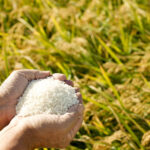




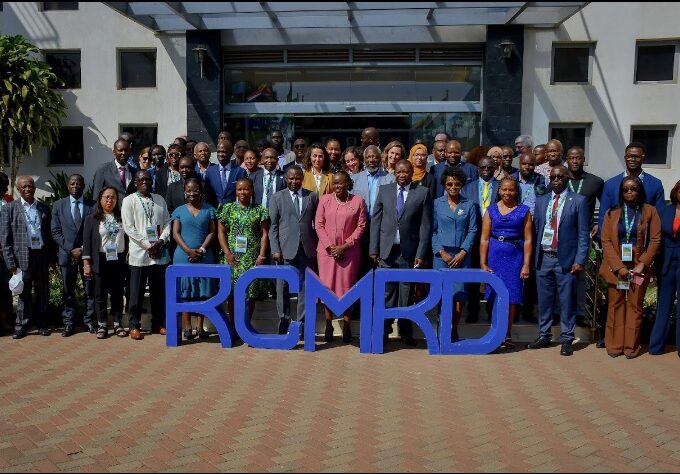

Leave a comment